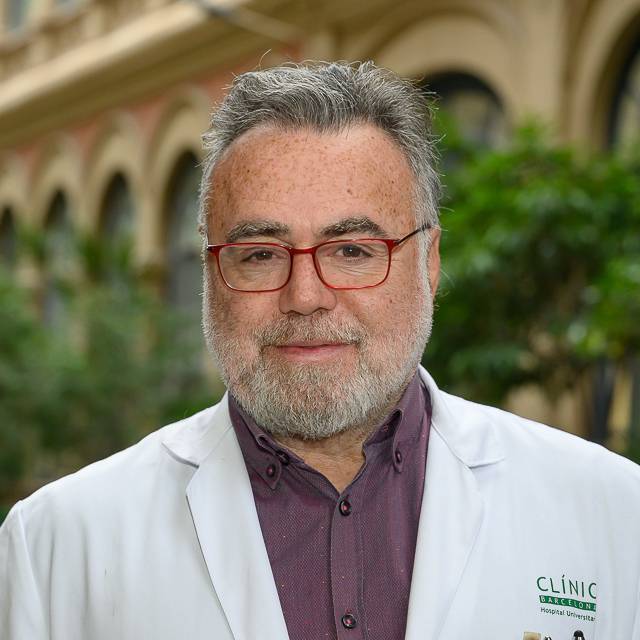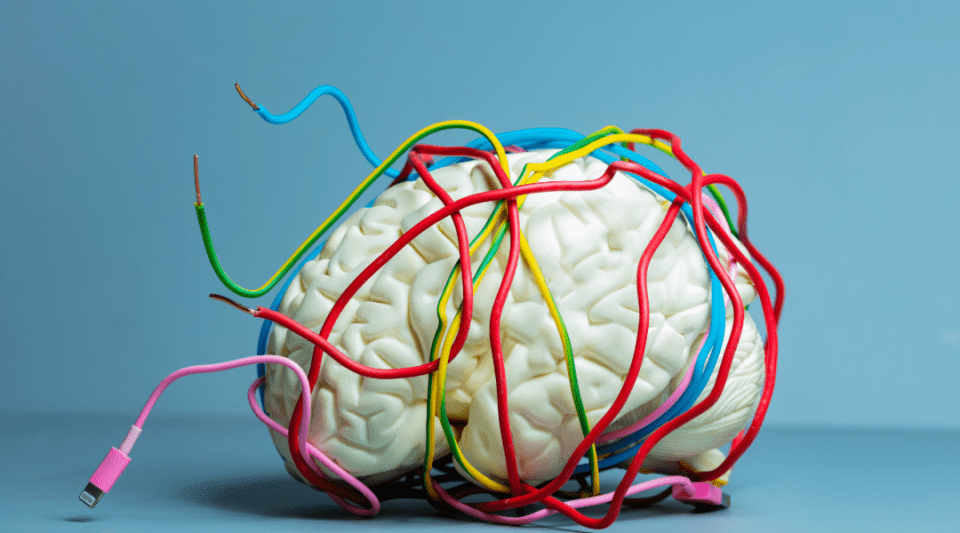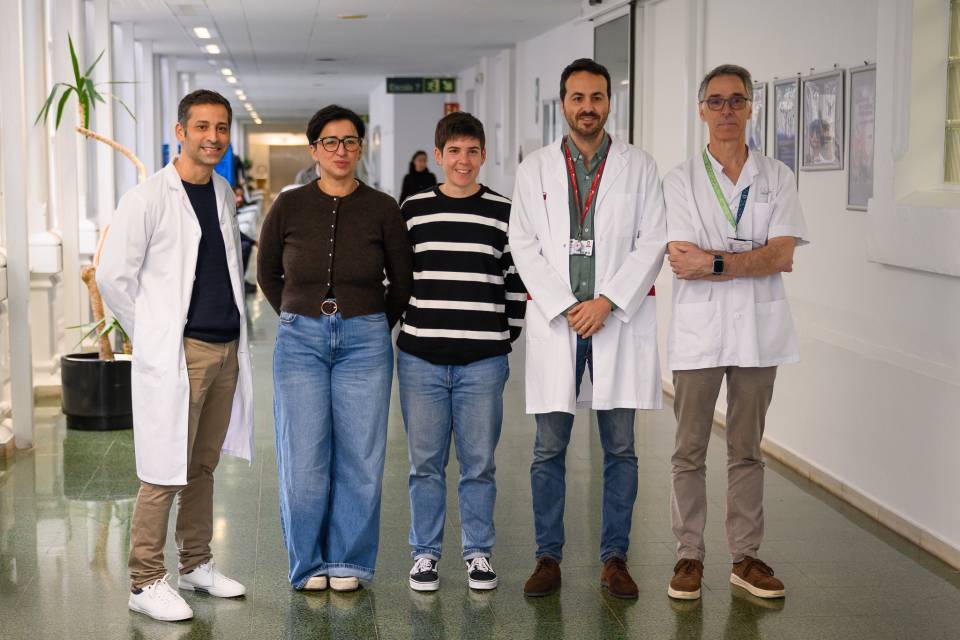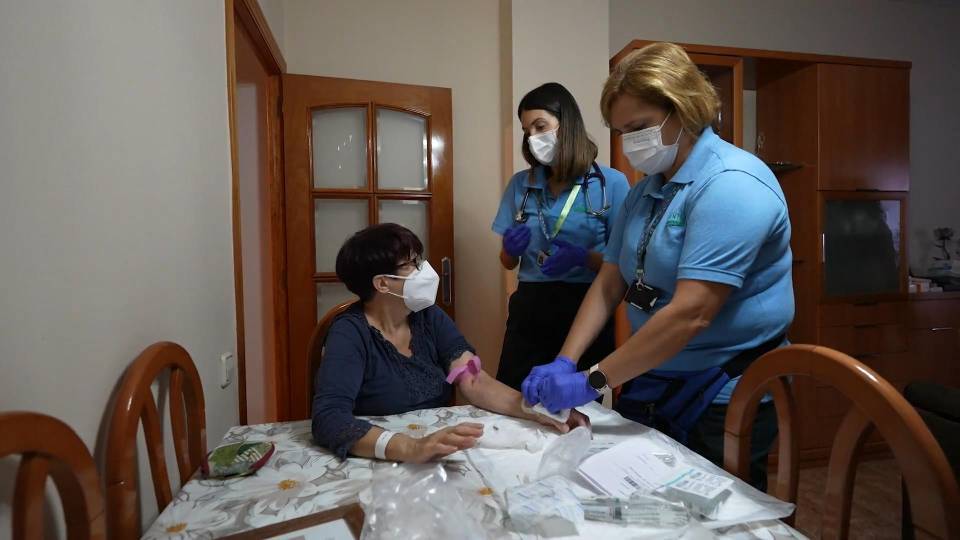Increasing precision is especially relevant in the field of psychiatric pathology, where diagnostic and therapeutic approaches are still somewhat subjective and variable. Moreover, trial-and-error strategies often have to be used, which can be frustrating for both patients and professionals.
Precision Psychiatry is inspired by Precision Medicine and, when applied to the field of mental health, represents a paradigm shift. This branch of psychiatry aims to identify biological markers (genetic, biochemical or neuroimaging tests) that allow for the validation of psychiatric diagnoses. It would also be useful for adjusting the indications for certain treatments and better predicting patient response and recovery.
Applying these methods allows for more personalized psychiatry, but the two terms are not synonymous. Personalization does not necessarily imply biological markers, but rather the mere participation of the patient in the therapeutic process, which is so necessary and already forms part of the concept.
Biomarkers in Psychiatry
Some people mistakenly believe that there cannot be biomarkers in psychiatry, as these are diseases of the 'mind' or 'soul'. In reality, psychiatry deals with diseases of the brain that are expressed through emotions, thoughts, and behaviour, as these are some of the functions of the organ itself.
Neurology deals with brain diseases with more or less specific but identifiable lesions. On the other hand, Psychiatry deals with the pathologies that derive from dysfunctions of the brain circuits and manifest themselves in the social environment.
In this respect, many genetic biomarkers and others linked to mental suffering (such as anxiety or guilt) have been identified. Some examples of biomarkers include decreases in brain neurotrophins such as the “Brain-Derived Neurotrophic
Factor” (BDNF), or signs of inflammation that are expressed in the loss of grey matter in certain locations of the brain but, due to a lack of specificity, they cannot yet be used in clinical practice.
Scientific progress is helping to identify some biomarkers that, combined with the clinical expression of the disease and, using models derived from artificial intelligence, are already beginning to allow for a much more scientific and accurate approach to the diagnosis and treatment of some mental illnesses.
This will enable us to improve the reliability of medical interventions in the field of mental health, especially for the most serious and disabling diseases. Multiplying scientific progress means improving the quality of life of patients and their families.





